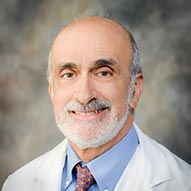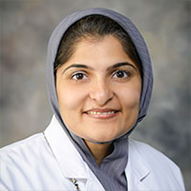Dallas
214-456-5959
Fax: 214-456-5963
Plano
469-303-2400
Fax: 469-303-2407
Park Cities
469-488-7000
Fax: 469-488-7001
Hyperparathyroidism occurs when the glands make too much PTH. When this happens, there is too much calcium in the blood.
214-456-5959
Fax: 214-456-5963
469-303-2400
Fax: 469-303-2407
469-488-7000
Fax: 469-488-7001
Hyperparathyroidism can be a contributor to juvenile osteoporosis, in which the bones become less dense or there isn’t enough bone formation because of decreased calcium intake. This makes the bones weak and allows them to break more easily.
Many of the same tests performed to diagnose hyperparathyroidism will be used to diagnose hypoparathyroidism.
The first step is taking a medical history. Your child’s doctor will ask about symptoms such as cramps or tingling in the hands and feet, or twitching of the muscles of the face. The doctor will also ask about any recent surgeries that may have involved the head and neck.
For those who aren’t experiencing many symptoms, or if the symptoms are not severe, medication alone may be an effective treatment. Monitoring of kidney function, bone density, and blood levels of calcium and PTH will be done.
For many children with hyperparathyroidism caused by a tumor, surgery (parathyroidectomy) may be all that is needed. For the first month afterward or so, the doctor will follow blood calcium levels until they return to normal. Calcium supplements are often prescribed immediately after surgery.
For secondary hyperparathyroidism, treatment of the underlying medical condition may be all that is necessary. If a Vitamin D deficiency is the main issue, then supplementation with Vitamin D may be the only intervention required.
When hyperparathyroidism is related to kidney disease, the only treatment that offers a cure is a kidney transplant. If that is not possible or indicated, medications are often prescribed, including calcimimetic medications that cause the gland to produce less of the hormone, as well as Vitamin D supplements.
Dietary changes also may be suggested. Your child should limit his intake of phosphorus.
There are four types of treatment for parathyroid cancers:









